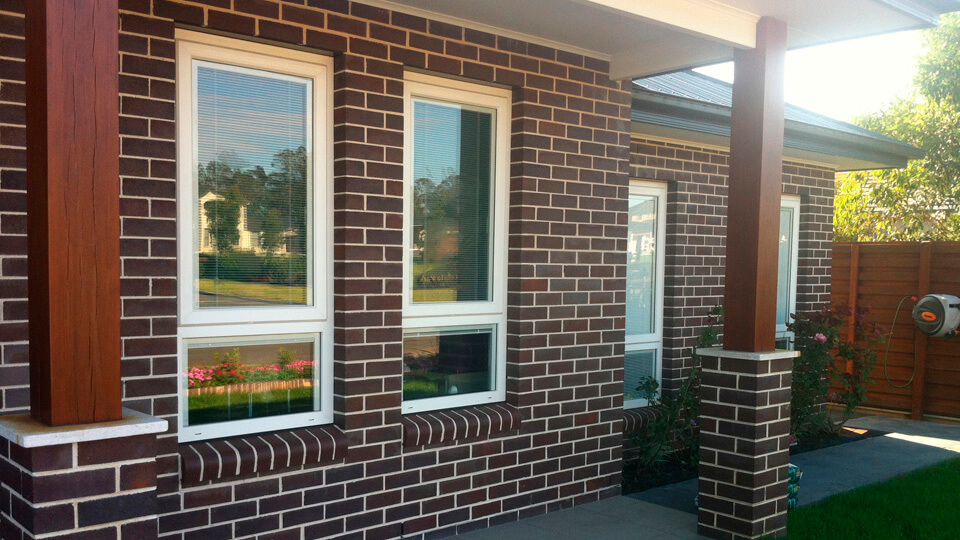

uPVC (unplasticised polyvinyl chloride) or rigid PVC is widely used in the building industry and is a low-maintenance product. uPVC is known as having strong resistance against chemicals, sunlight, and oxidation from water. “Unplasticised” is the modification of PVC by using additives, chemical stabilizers, heat stabilizers such as titanium dioxide and UV Stabilizers. Plastics are relative newcomers as window and door frame materials within Australia, but has very quickly grown in popularity. uPVC is a very versatile plastic with excellent insulating value, the uPVC frames have small hollow chambers inside and this is what helps to reduce temperature gain and loss as well as noise exchange. uPVC window and door frames have great moisture resistance and should have no problems with condensation or draughts. With the uPVC profiles you have a range of colour selection options and surface appearance options with the added use of laminates in modern manufacturing methods. Recent advances have improved dimensional stability and resistance to degradation from sunlight and temperature extremes which make them perfect for the tropical climate. In terms of thermal performance, uPVC frames are comparable with wood, while there are minor differences, depending on the frame construction, however the uPVC doesn’t need ongoing maintenance like timber.
These factors make uPVC an ideal frame material for double glazed windows and doors.